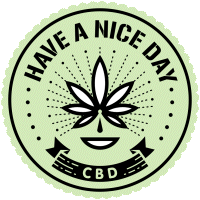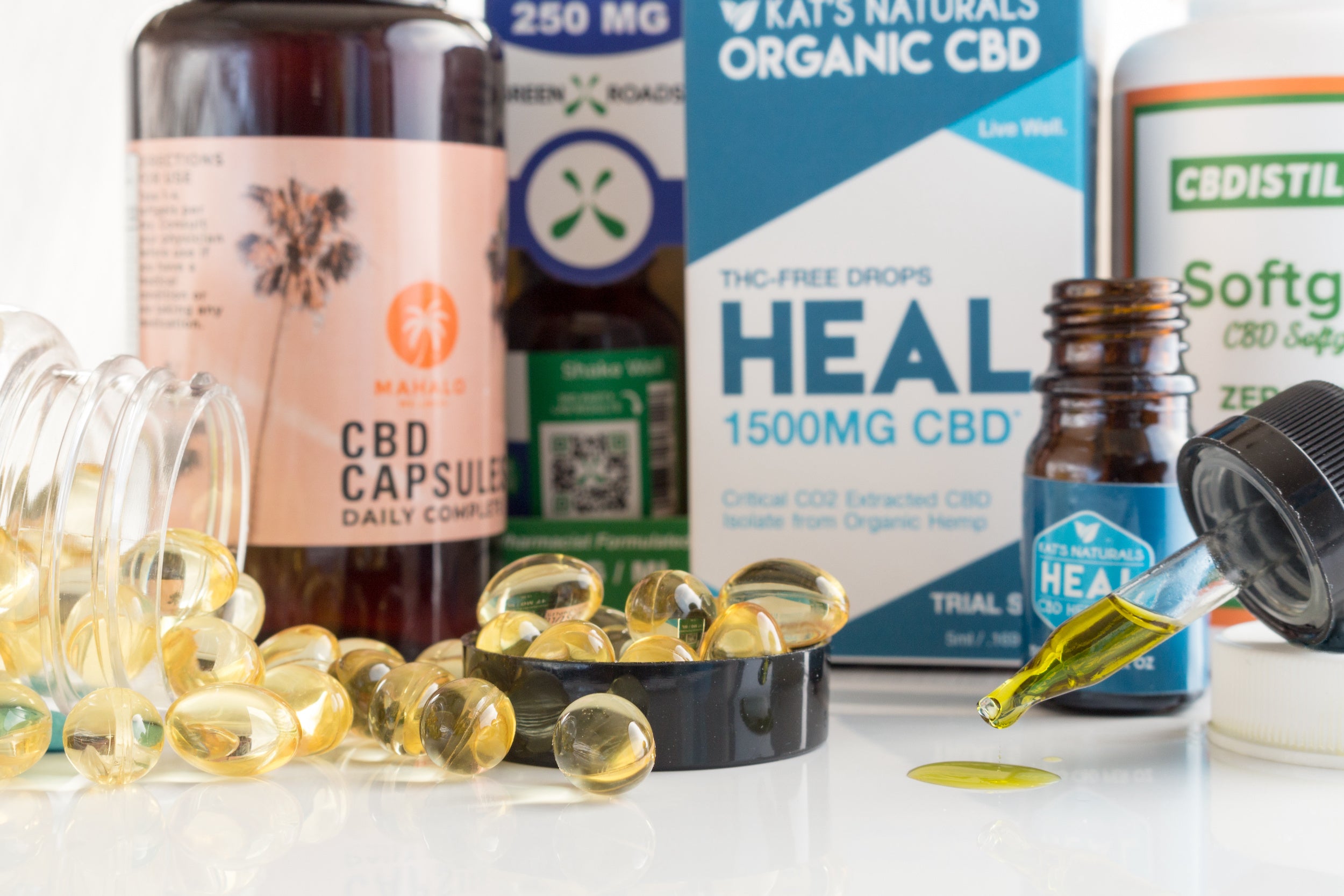CBD, short for cannabidiol, has gained significant popularity in recent years for its potential health benefits and therapeutic properties. If you're new to the world of CBD, this guide will provide you with the basics of CBD, its origins, potential uses, and how it differs from other cannabis compounds. Let's dive into CBD 101 and explore what makes it a fascinating natural remedy.
-
What is CBD? CBD is one of the many compounds found in the cannabis plant. Unlike its notorious cousin THC (tetrahydrocannabinol), CBD is non-intoxicating, which means it does not produce a "high" effect. Instead, it is celebrated for its potential therapeutic effects and is commonly used as a natural supplement.
-
How Does CBD Work? CBD interacts with the body's endocannabinoid system (ECS), a complex network of receptors and neurotransmitters responsible for maintaining balance and homeostasis. By interacting with these receptors, CBD may help regulate various bodily functions such as sleep, mood, pain perception, and immune response.
-
Potential Health Benefits: CBD has shown promise in supporting overall well-being and addressing various health concerns. While more research is needed, preliminary studies suggest that CBD may help with pain management, anxiety and stress reduction, sleep improvement, inflammation reduction, and even epilepsy treatment.
-
Types of CBD Products: CBD is available in various forms, allowing users to choose the most convenient and suitable method of consumption. Common CBD products include oils, tinctures, capsules, topicals (creams and lotions), edibles, and vape liquids. Each product type offers its own unique benefits and may have different onset times and durations.
-
CBD Quality and Safety: When purchasing CBD products, it's crucial to prioritize quality and safety. Look for products that are derived from organic hemp, preferably sourced from reputable and transparent manufacturers. Third-party lab testing ensures that the product is free from contaminants and accurately labeled with CBD content.
-
Legal Status of CBD: The legal status of CBD varies from country to country and even within different states or regions. In some places, CBD derived from hemp with low THC content is legal, while CBD derived from marijuana may be subject to stricter regulations. Familiarize yourself with the laws in your jurisdiction to ensure compliance.
Conclusion: CBD offers a world of potential benefits and has gained recognition as a natural alternative for promoting wellness. As you embark on your CBD journey, remember to start with low doses and consult with a healthcare professional, especially if you have any pre-existing medical conditions or are taking medications. Stay informed, choose high-quality products, and enjoy exploring the potential benefits that CBD may offer for your well-being.
Disclaimer: This blog post is for informational purposes only and should not be considered medical advice. Please consult with a healthcare professional before using CBD or making any changes to your wellness routine.


